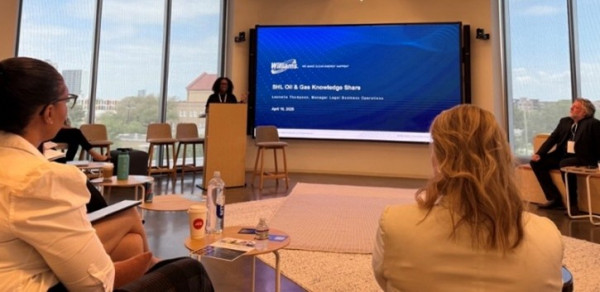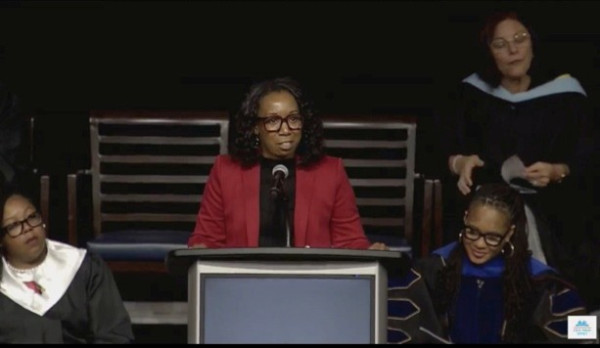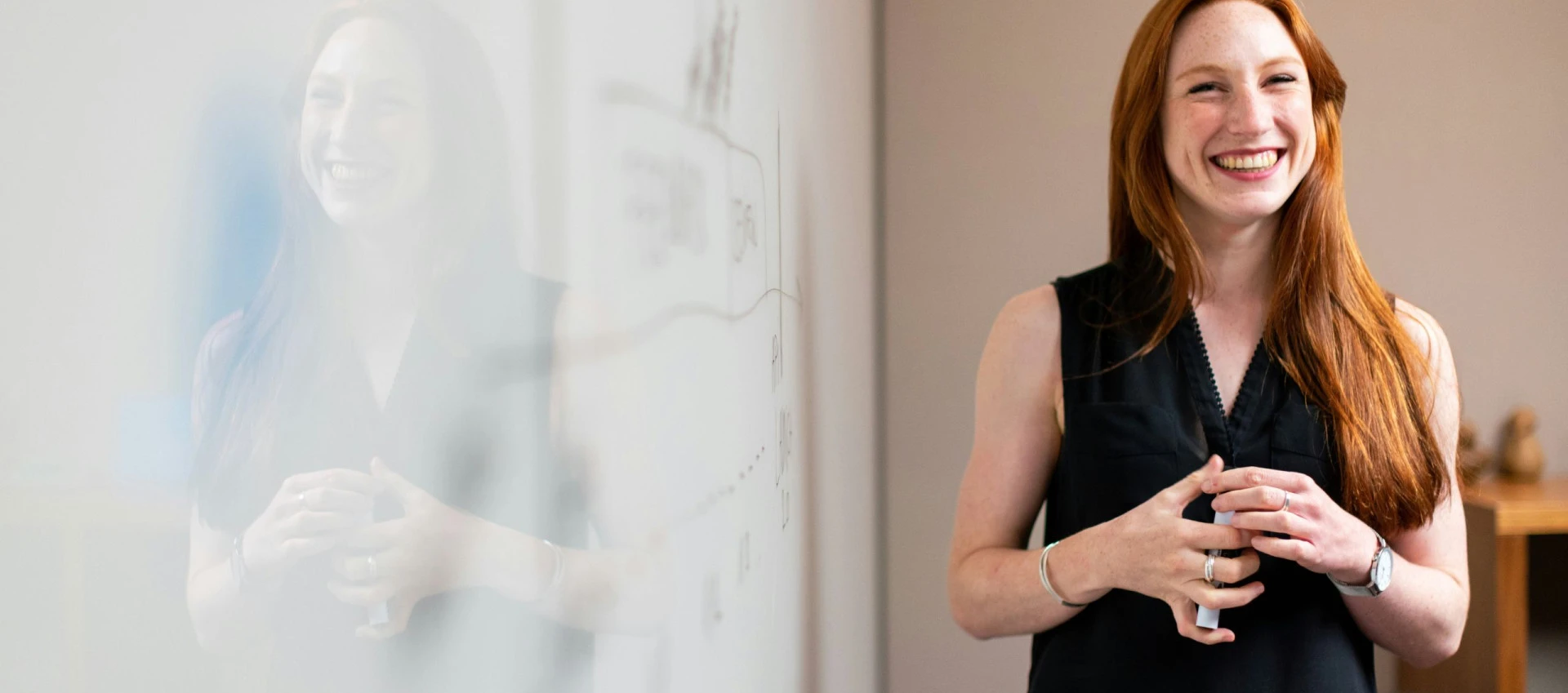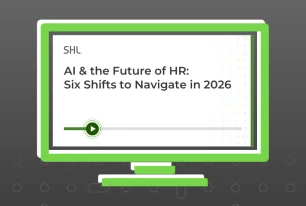Driving Objective Insights and Feedback with Skills Assessments
Williams added to its early career talent strategy by leveraging SHL’s Graduate Hiring solution to assess and develop critical skills in its rotational program. Discover how data-driven insights are shaping the next generation of energy leaders.
Share
A need for objective data
In my role, I am fortunate to interact with many different organizations and see firsthand the business challenges they are solving. Early last year, I was thrilled to meet Leonelle Thompson of Williams Energy, after learning about her work spotlighted through the National Association of Colleges and Employers. Leonelle’s fire and energy are an inspiration, and the impact she has had on the Early Career programs at Williams Energy is tremendous.
Williams handles approximately one third of the natural gas in the United States that is used every day, providing the necessary infrastructure to serve growing markets and safely deliver natural gas products to reliably fuel the clean energy economy.
Leonelle and the rest of the Williams’ Early Career team were already aware of the benefits the right graduate talent can bring and were focused on attracting, developing, and retaining the next generation of talent through university recruiting, internships, and rotational programs. But as new cohorts joined, especially amid the disruptions of the pandemic, managers noticed they were taking longer than expected to get up speed, lacked some critical skills and their expectations differed from the reality of the role.
Without a structured way to assess skills, employees were sometimes surprised by feedback about their performance and unsure how to improve. As Leonelle put it, “They didn’t always know how to show up. They didn’t know exactly what skills they needed, or how to ask for help.”
Why skills assessment made an impact
Determined to provide proactive development to their employees, Leonelle and her team focused on their rotational program, aiming to setup employees’ long-term as future leaders to grow and drive the business forward. The team partnered with SHL to roll out a skills based assessment, delivered to all second- and third-year rotational employees at their company summit.
SHL’s Graduate Hiring solution provided a detailed, skills-based assessment tailored for early career professionals to assess those skills that were proven to drive success. The process was transparent and supportive, with results debriefed in group and one-on-one settings, with personalized reports provided to employees.
Insights into skills gaps and strengths
The data revealed clear strengths and skills gaps among the cohort:
- Strengths: ‘Works to high quality standards’ and ‘Adapts to change’ emerged as strengths of the cohorts.
- Biggest skills gap: Over two-thirds needed considerable development in ‘Generating new ideas.’
- Other priority gaps: More than half required improvement in ‘Foster team cohesion’ and ‘Uses time efficiently.’
These insights gave managers and employees a shared language for growth and a roadmap for targeted support.
“As we go through the transition to a skills-based organization, the assessments provided by SHL will be key to understanding the skills of our employees.”
Leonelle Thompson, Manager, Legal Business Operations, Williams

Leonelle sharing her insights at SHL’s 3rd annual Oil and Gas Summit in Houston, Texas

Leonelle addressing her Alma Mater as the Commencement Speaker
Turning insights into developmental action
Armed with their results, employees created development plans focused on three priority skills, with clear, actionable steps and timelines. These plans were integrated into Workday, making progress visible to both employees and managers, and ensuring accountability and empowering skills development across rotations. Even for items where scores were strong, there were still developmental tips to help them get even better.
As one rotational employee said, “I was able to build a development plan that was realistic and relevant to my actual role…a lot of the things that I’m doing to achieve my milestones and on a regular basis tie into those skills I needed to develop”.
Managers received training to facilitate meaningful development conversations, using the assessment data to guide feedback and support. The process not only improved individual performance but also strengthened the connection between skills, company values, and business needs.
Stronger teams, brighter futures
As spring commencements are wrapping, and as we approach the NACE annual conference in Philadelphia (where Paige Cole will be sharing more on the work she, Leonelle, and their Early Careers team at Williams are driving), I have tremendous excitement for employees entering the workforce and starting their careers. I will never forget the first critical feedback I received in grad school, that I sometimes failed to see the big picture, and I reflect on that feedback almost every day as I show up in meetings and work to add value to projects and client engagements. Feedback is a gift, and I so look forward to seeing the fruits of the feedback Leonelle and her team have been surfacing for rotational employees at Williams Energy.
Curious to see how skills assessments can transform your talent pipeline? Learn more about SHL’s Graduate solution.









